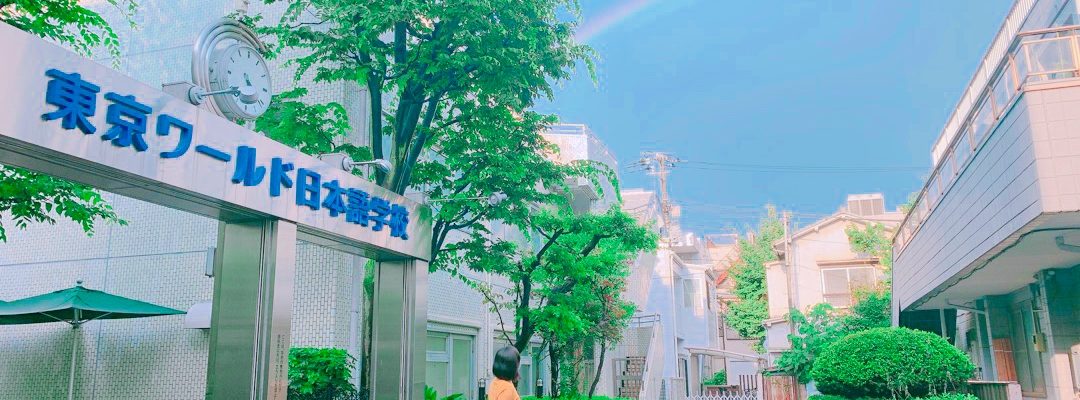Daily Life Information
The following is useful information for daily life in Japan.
Clothing
Japan has four distinct seasons. In spring, there are still cooler days, so bringing warmer clothes such as a jacket with a long-sleeved shirt and trousers. In summer, you may wear a short-sleeved shirt and pants but pay attention to bring rainwear. In autumn you should wear a long-sleeved shirt because it gets cooler and you need winter clothes like a coat in winter.
Meal
TWJLS is located in Okubo town where there are many restaurants and grocery stores of various countries, also fast-food shops and convenience stores. You can choose various meals as low as 500 yen.
Accommodation
The rent is high in Tokyo, but if you live in the cities that surround a capital such as Saitama, Chiba, Kanagawa or accommodation that is an old building and located far from the station, you can keep the rent. In addition, it is possible to save on rent if you share a room with your friends. You will find accommodations through real-estate agency and TWJLS can introduce student dormitories. If you have a friend and senior who is living in Tokyo, it might be good to live with them for a while.
Transportation
Transportation methods used by international students are mainly trains to move from a residence to a school or part-time job. The train system in Japan is accurate in time, the price is also cheap, and it is very convenient. You can buy a school commuter pass when using some trains.
Sickness and Injury
All international students entering with student visa are required to enroll in the National Health Insurance system. If you take health insurance, you will be responsible for only 30% of medical expenses incurred in treatment of illness or injury. Also, you better get a medical certificate if you get sick or injured that requires long absence from school.
Emergency Telephone Numbers
Please dial the following telephone numbers for emergencies. Please remember these numbers.
While calling those numbers, please make sure to tell your name, address and reason for calling.
- Police Station・・・110 (No need of area code)
- Fire department・Rescue department・Ambulance・・・119 (No need of area code)
In case of an Earthquake
Japan is a land where earthquakes often happen, so please, always be prepared to escape in the case of an earthquake.
Keep your important documents such as Passport in a safe and easy-to-reach place so that you can pick quickly your valuable objects in the case of an emergency.
If you are living with your family or with other people, make sure to decide in advance the meeting place and confirm the Safety Evacuation Area around your home. It is better not to enter any building if there is a big shake, because the shake might continue.
You need to pay attention to the followings at the time of an earthquake :
- Switch off the fire or the gas as well as the valve.
- Please be sure that the windows or doors are opened for securing the exits.
- Pay attention to the broken glass and stay away from the windows and glasses.
- Move under a strong table or towards the door to keep your body safe.
- If you are inside your room then it’s better not to go outside because falling objects may hurt you.
- Go to a wide and safe place if you are outdoors.
Please always prepare some useful things and put them in a backpack so that you can easily take them with you while hurrying up during an emergency.
- water
- food (dried bread, biscuits, canned food, etc) for two or three days
- can opener
- medicines
- flashlight
- radio
- new battery, etc.

